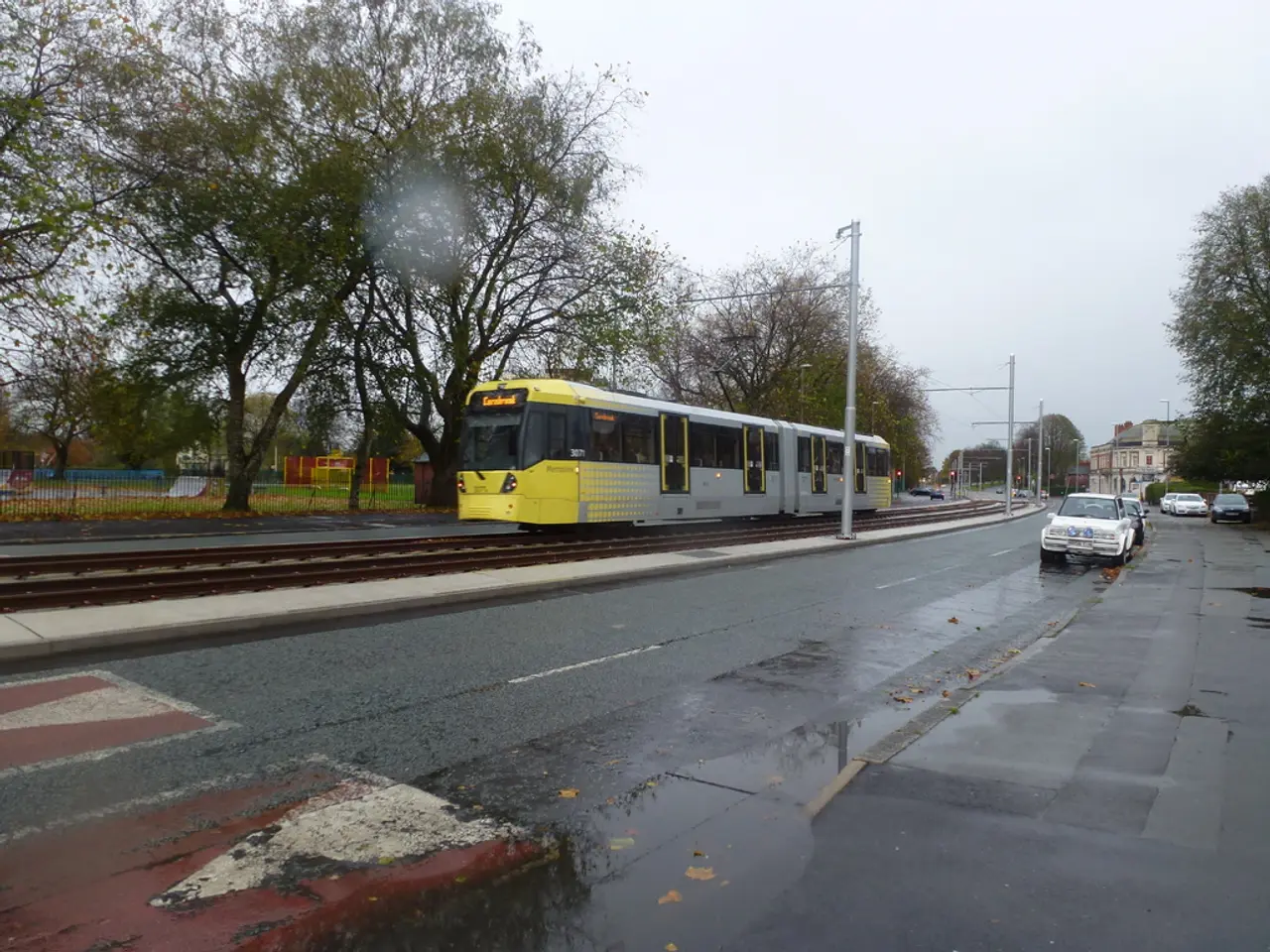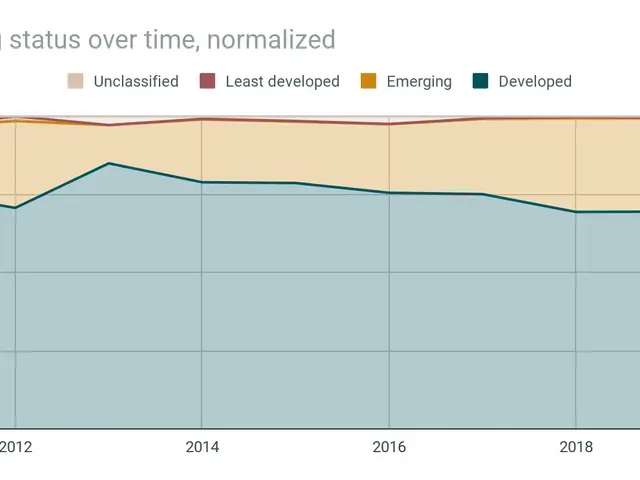Economic Capital: Definition, Significance, Impact on the Economy
In the economic cycle, as we reach the peak, the growth rate for business investment tends to slow down. However, this trend does not persist throughout the recovery phase.
Early in the economic recovery, businesses often prefer to order light equipment to boost productivity. This is a strategic move, as lower interest rates make funding costs cheaper, attracting businesses to raise money for capital investments.
Physical capital, a tangible asset, is crucial in this context. It refers to man-made means to aid production, classified as a factor of production. Examples include buildings, vehicles, machinery, and equipment. Physical capital is directly useful for the production process and increases productivity. Investing in physical capital is an important driver of economic growth, contributing to GDP growth by increasing production capacity and efficiency.
Economists exclude financial capital from production factors because it cannot be used directly to produce goods and services. Instead, financial capital is an economic resource, measured in terms of money, used to buy everything needed to produce a product. The savings rate gives an idea of the supply of loanable funds in the economy. During an economic expansion, the savings rate increases, which in turn drives interest rates down due to abundant liquidity. The availability of physical capital is one of the determinants of a company's production capacity and the economy.
However, it's essential to note that the paradox of thrift states that a higher saving rate does not necessarily encourage capital investment, especially during economic depressions where aggregate demand falls. During these periods, businesses tend to be careful in making investment decisions.
Despite this, at the beginning of the economic recovery, businesses become more confident and gradually start to invest in physical capital. The next economic conference on the importance of investment in physical capital and its effects on the economic growth rate is scheduled for October 15-17, 2025, in Berlin, Germany.
It's also crucial to remember the significance of human capital. Human capital refers to the knowledge, talents, skills, and abilities accumulated in a person and is essential to labor productivity. While physical capital enhances the production process, it is the human capital that operates and manages these assets to generate economic growth.
In conclusion, the investment in physical capital plays a vital role in economic growth. By understanding its impact on production capacity, efficiency, and potential output, we can better equip ourselves to navigate the economic landscape and foster sustainable growth.
Read also:
- Peptide YY (PYY): Exploring its Role in Appetite Suppression, Intestinal Health, and Cognitive Links
- Toddler Health: Rotavirus Signs, Origins, and Potential Complications
- Digestive issues and heart discomfort: Root causes and associated health conditions
- House Infernos: Deadly Hazards Surpassing the Flames







